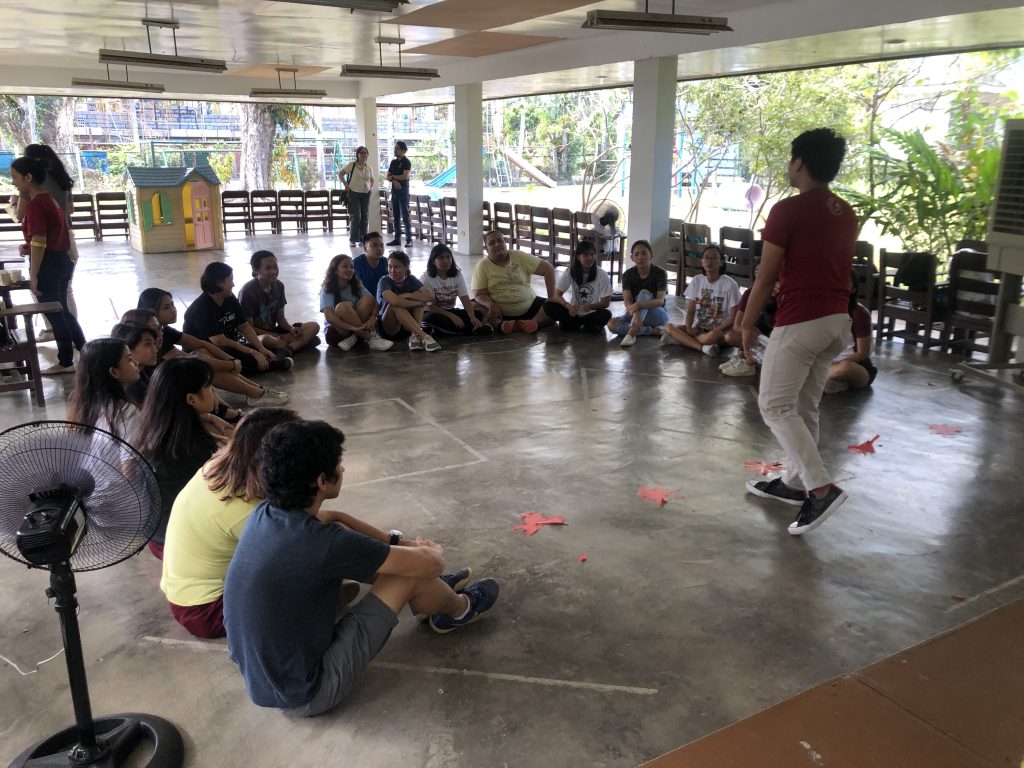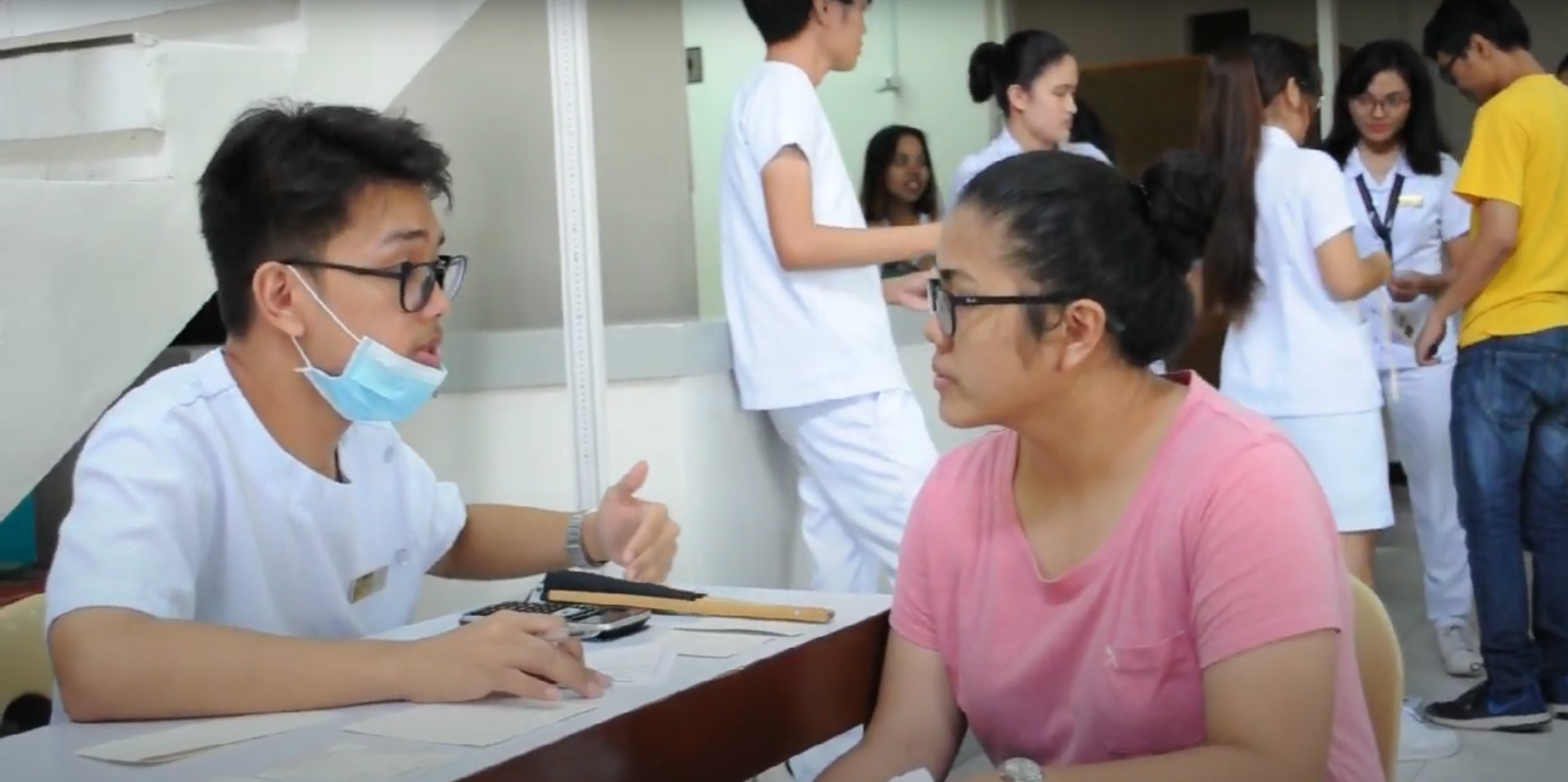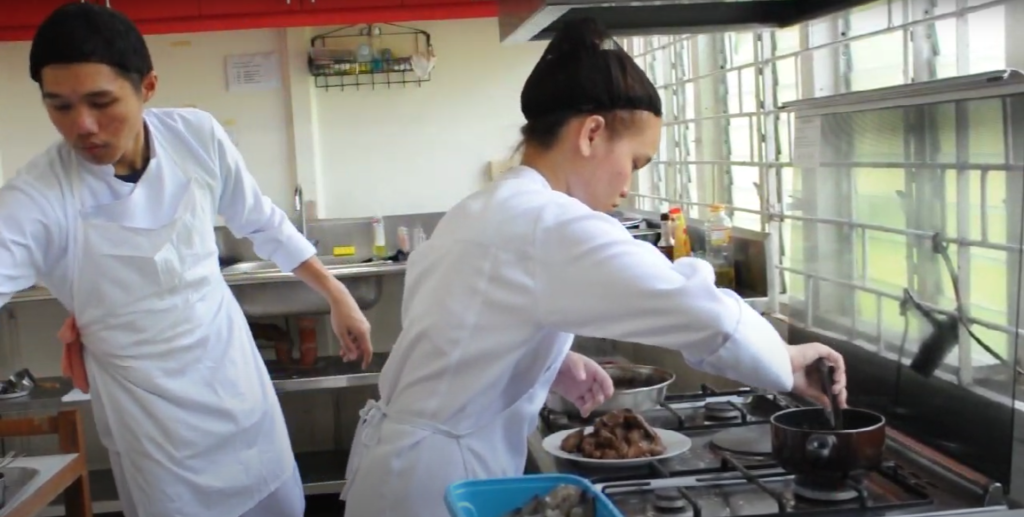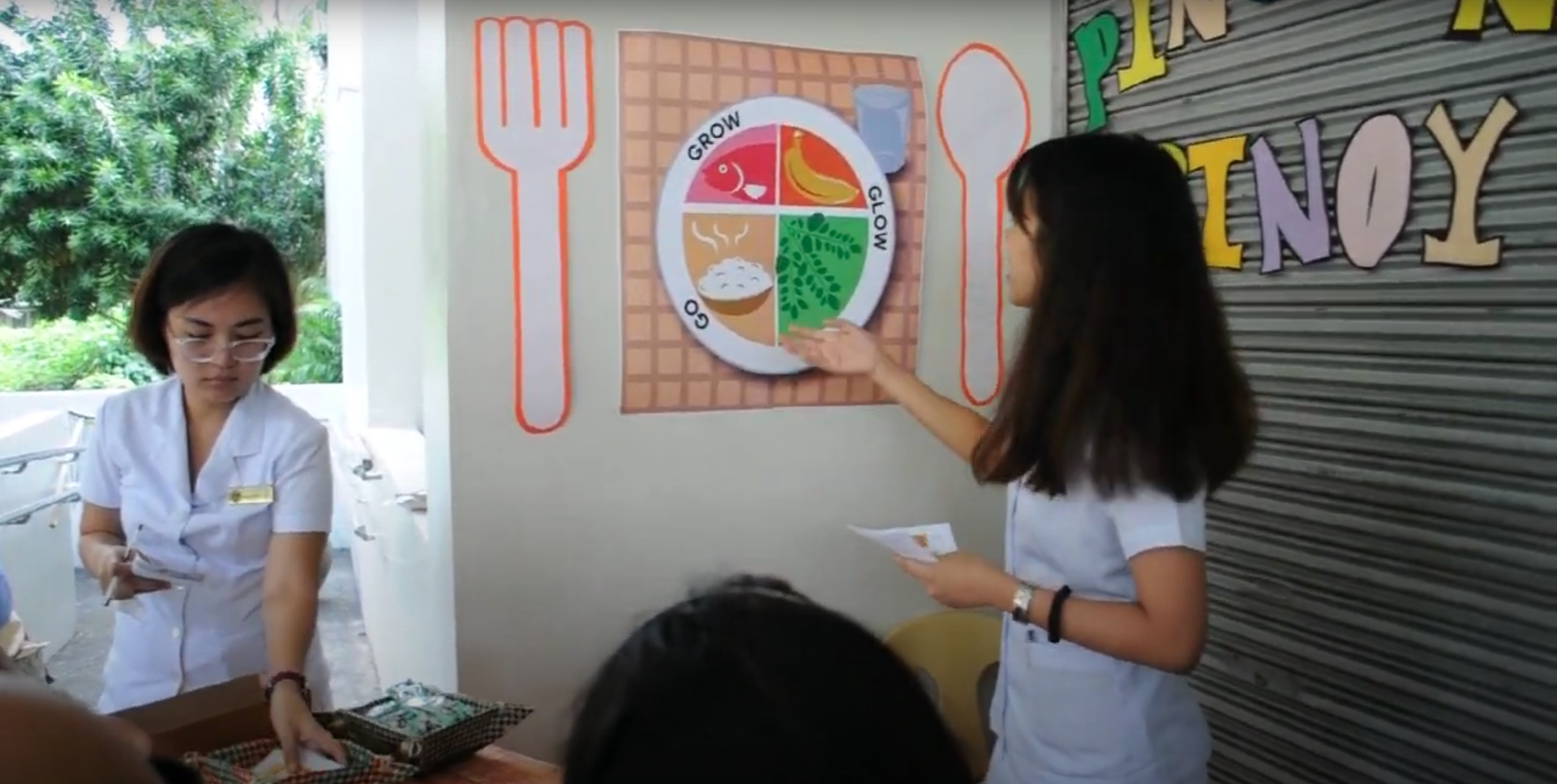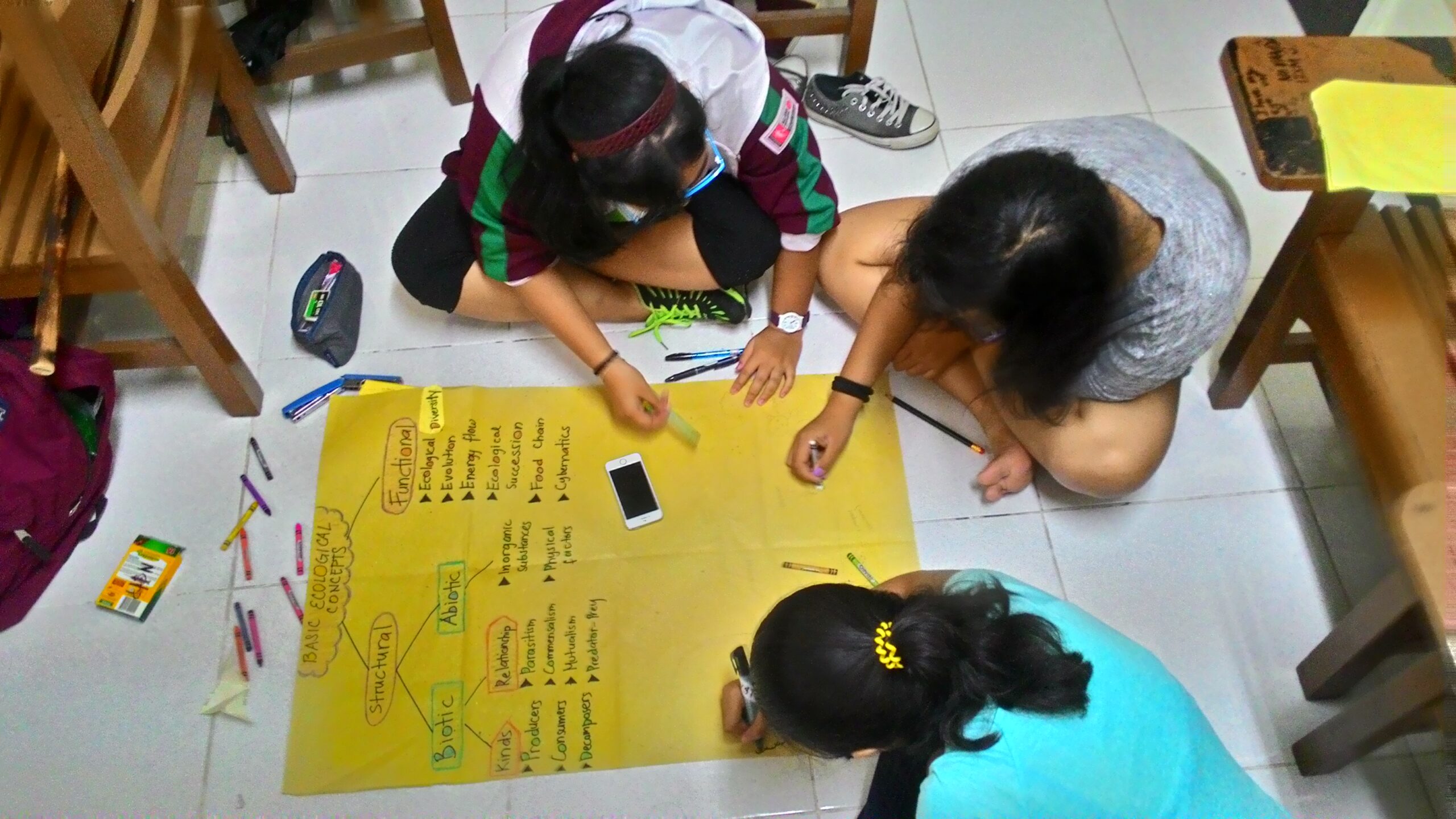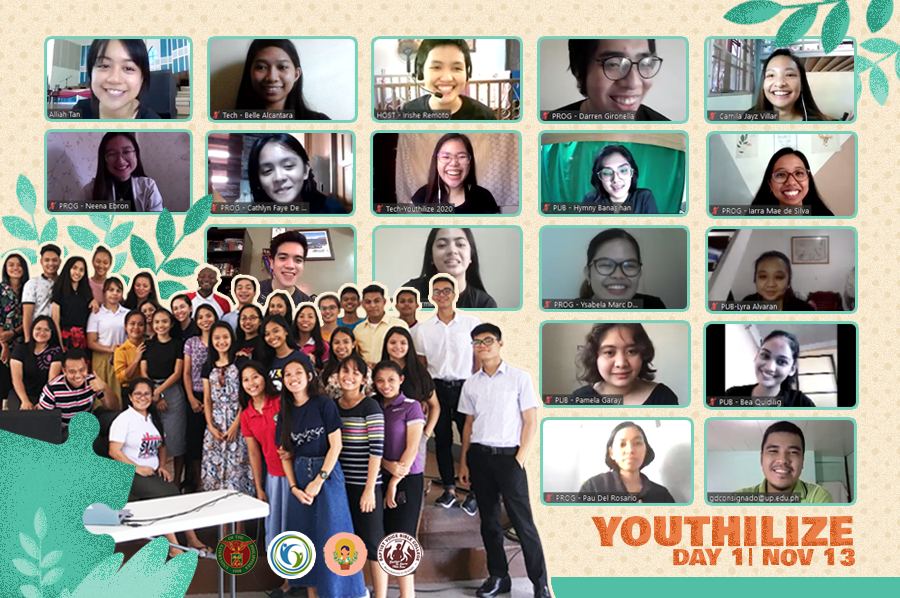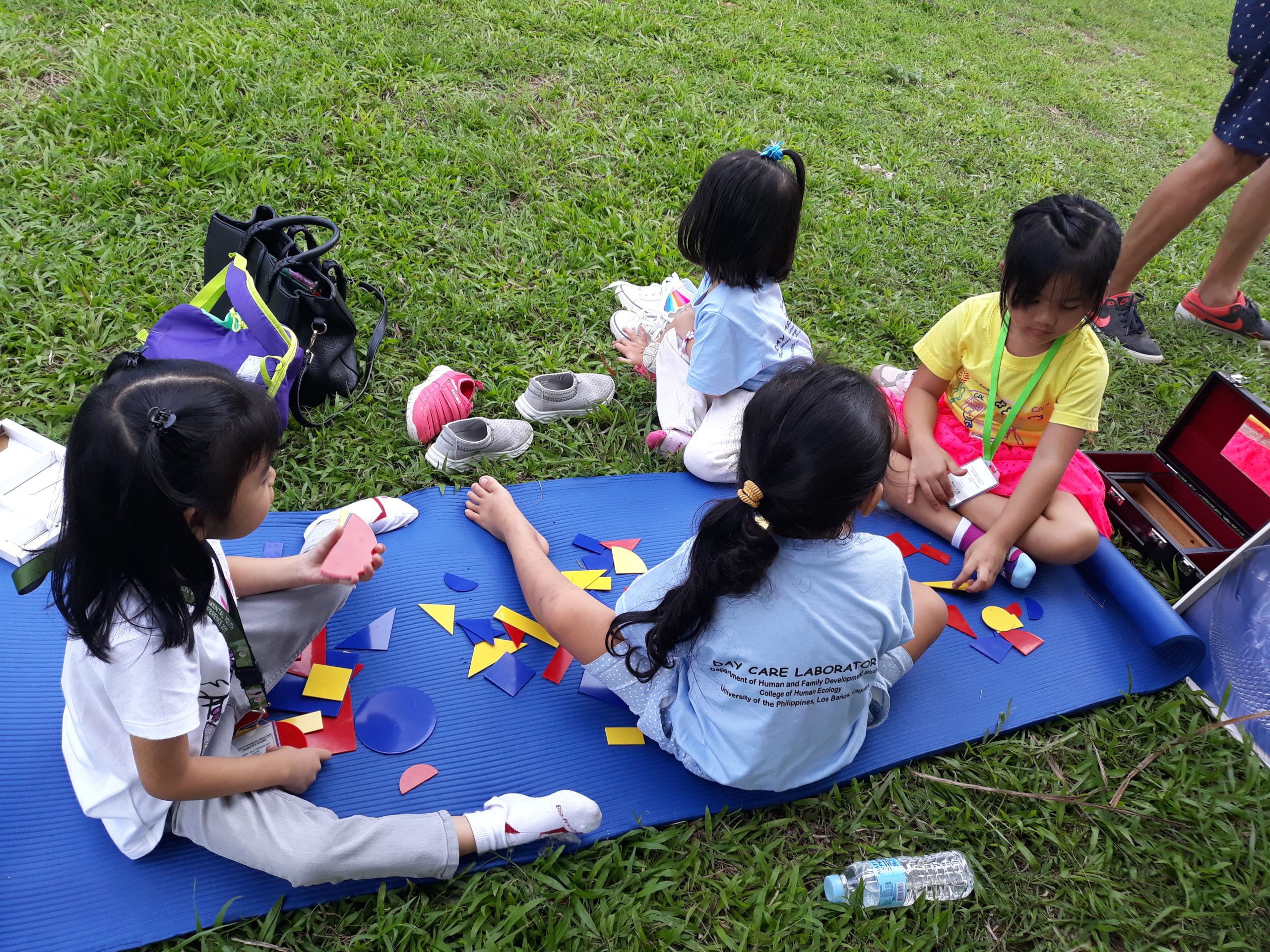The degree programs offered by the College of Human Ecology produce trained and competent professionals who understand human development in relation to the biophysical and social environments are able to participate in development programs, internalize and apply ecological perspective to society’s problems; as well as produce human resources who understand nutrition management, and nutrition program planning, implementation, and evaluation.
Bachelor of Science in Nutrition (BSN)
This program aims to produce professionals competent in providing nutritional services to people. Specifically, the student will be trained to: manage community nutrition programs; assist in planning and evaluation of food and nutrition programs at macro levels; operate food services in institutions and communities; plan and prepare therapeutic diets; train nutrition workers; and, conduct research in nutrition and related fields. The Institute of Human Nutrition and Food which handles the BS Nutrition degree program has three divisions: Food Management and Administration, Nutrition Policies and Programs and Nutritional Science.
Graduates of the Bachelor of Science in Nutrition usually become:
- Registered Nutritionist-Dietician
- Hospital or Clinic dietician
- Diet and nutrition counseling
- Public health nutritionist
- Food and Nutrition Researcher
- Manager of Food Establishments
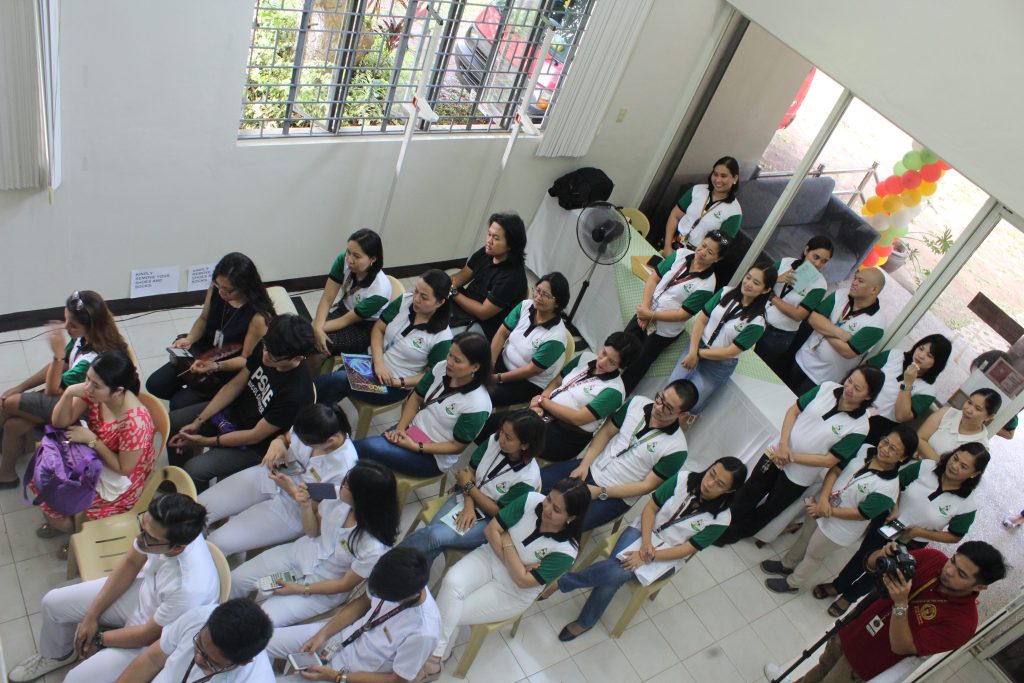
Bachelor of Science in Human Ecology (BSHE)
The program aims to produce key professionals who can contribute to the improvement of human welfare. Specifically, the student is trained to understand human development in relation to the biophysical and social environment; to have the necessary skills and competencies to participate in development programs as well as teaching and research on human-environment interaction, and to internalize and apply the ecological perspective to society’s problems.
The Three Specializations or Majors of
BS Human Ecology
Focuses on the design and implementation of plans which will ensure the long-term sustainability of the community and environmental resources while providing optimum development benefits to rural and urban communities. HSP major courses are offered and managed by the Department of Community and Environmental Resource Planning.
- CERP 122 – Conservation of Natural Resources
- CERP 162 – Planning Theory and Practice II
- CERP 163 – Land Use Planning for Human Settlements
- CERP 164 – Spatial Analysis and Planning for Human Settlements
- CERP 165 – Human Settlements Planning I
- CERP 166 – Human Settlements Planning II
- CERP 170 – Environmental Project Planning and Administration
- CERP 200 – Undergraduate Thesis
- HUME 200a – Supervised Field Experience
Below are some of the career paths for BSHE-HSP graduates:
- Instructor or Professor
- Registered Environmental Planner
- City/Municipal Planning and Development Officer
- City and Urban Planner
- Human Settlements Planner
- Environmental Planning Officer
- Rural Development Officer
- Environmental Impact Assessment Officer
- Environmental Consultant
- Researcher
Focuses on the various social development services and is concerned with the tools and techniques of effecting self-propelling communities and sustainable development. ST major courses are offered and managed by the Department of Social Development Services.
- SDS 152 – Community Services and Programs
- SDS 153 – Adult Programs in Social Development
- SDS 162 – Design and Management of Training Program
- SDS 163 – Social Vulnerabilities and Capacities
- SDS 168 – Social Impact Assessment
- SDS 174 – Filipino Values and Social Development
Below are some of the career paths for BSHE-ST graduates:
- Instructor or Professor
- Researcher
- Extension Officer
- Training Module Developer/Officer
- Social Development Specialist
- Community Development/Relations Officer
- Organizations Development (OD) Specialist
- Monitoring and Evaluation (M&E) Specialist
- Public Policy Analyst
- Social Researcher
- Human Resource Officer
- Project Management Officer
Focuses on the development of the individuals and families as they transact, relate, and adapt to the environment. HFD major courses are offered and managed by the Department of Human and Family Development Studies.
- HFDS 124 – Housing
- HFDS 130 – Human Physiology
- HFDS 135 – Child Development
- HFDS 140 – Adolescent Development
- HFDS 145 – Adult Development
- HFDS 150 – Elderly Development
- HFDS 160 – Personality Theories
- HFDS 165 – Behavior Change
- HFDS 170 – Guidance and Counselling Techniques
- HFDS 175 – Child Development Programs
- HFDS 180 – Early Childhood Curriculum
Below are some of the career paths for BSHE-FD graduates:
- Instructor or Professor
- Administrator or Director of School Tutorial Center
- Director of Child and Family related programs
- Researcher and Developer of Learning Materials
- Consultant in Government and Non-Government Organization
